Cambridge and the shadow of deceit: The case of Raul Vinci
- Update Time : Tuesday, August 27, 2024
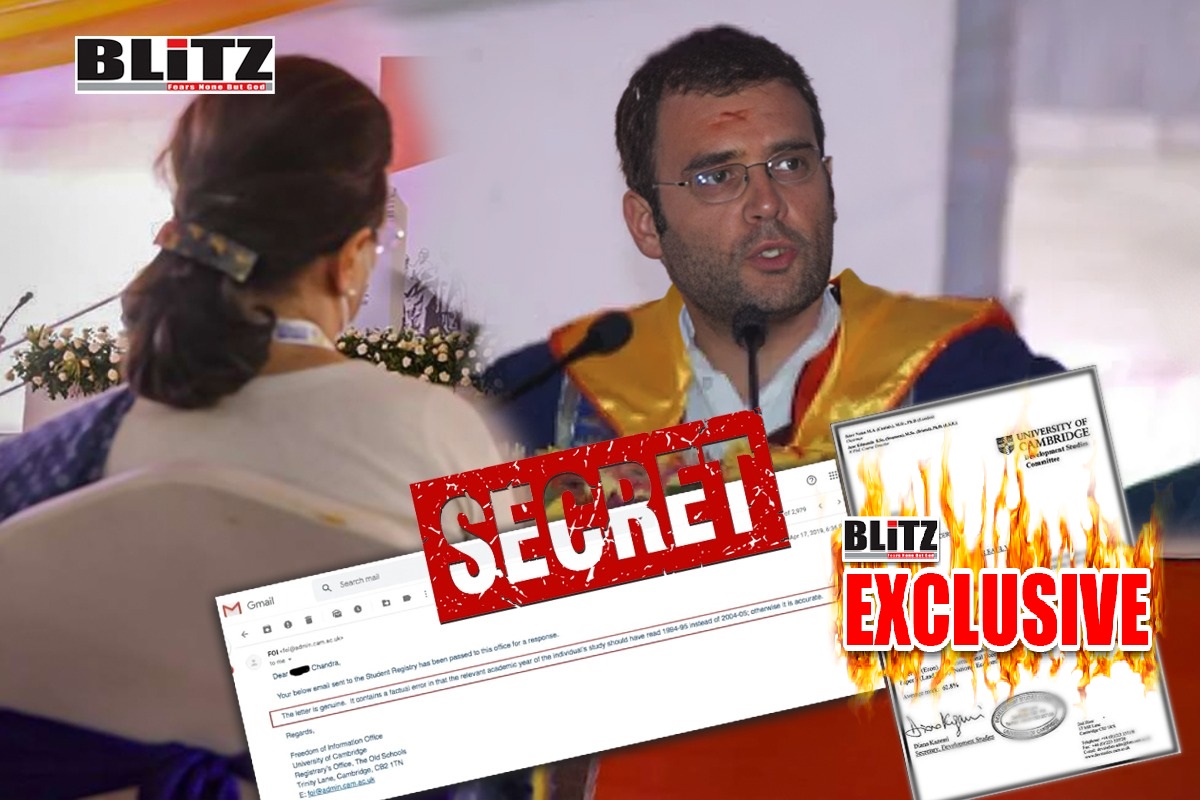
The shadowy world of academic fraud has recently cast a dark cloud over one of the most prestigious institutions in the world – the University of Cambridge. As allegations of educational deception swirl around prominent figures like Raul Vinci, questions about the integrity of his degree from this revered university are being raised with increasing urgency. The revelation that Cambridge has become a hotspot for fraudulent admissions, exemplified by the shocking case of American scammer Caroline Calloway, has only fueled suspicions. Could Raul Vinci’s academic credentials be built on a foundation of deceit? This investigative report digs into the secrets behind his Cambridge degree and explores the disturbing parallels with other high-profile cases of academic fraud.

Caroline Calloway succeeded in getting admitted at the University of Cambridge with photoshopped educational certificates
Caroline Calloway admitted to the media that she had been accepted into Cambridge with fraudulent qualifications, despite passing an entrance exam. By photoshopping her grades and applying to different Cambridge colleges, she managed to deceive the system and graduated with a degree in Art History in 2016.
According to an exclusive report published by the British newspaper The Telegraph:
“Calloway, whose appropriately named book Scammer is set to be released soon, secured a place at St Edmund’s College, Cambridge, in 2013. In an interview with Vanity Fair, she casually admitted to lying on her application, stating, ‘I lied on my application. I forged my [qualifications] when I got in’”.
Calloway had already applied to Cambridge twice before. At the time, she was studying at New York University but decided she wanted a change. “I couldn’t live the rest of my life with an NYU email address”, she said.
On her third attempt, after being rejected by Harvard, Yale, and Oxford, she secured a place at Cambridge to study History of Art.
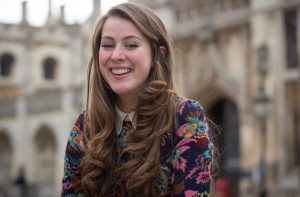
Caroline Calloway was known for the lavish parties she held in her rooms while studying at the University of Cambridge
Calloway eventually graduated with a 2:2, but not before making a name for herself. Dubbed the “Gatsby of Cambridge”, she was known for the lavish parties she hosted in her rooms—rooms she rented in other, more attractive colleges during her second and third years because she found St Edmund’s lacking the old-fashioned glamour, she desired from her British university experience.
The Telegraph further reported, “By 2015, she had built a large following on Instagram, documenting her social life at Cambridge with its ‘Harry Potter-like castles, Jane Austen-like balls’. This following led to a book deal worth half a million dollars—a deal she secured by lying to a top literary agent’s secretary, pretending to already be his client to get a meeting. However, it soon became clear that Calloway shared more than a love of extravagant parties with F. Scott Fitzgerald’s anti-hero, Jay Gatsby.
“Namely, a loose relationship with the truth. Gatsby, as you’ll recall, claimed to have been ‘brought up in America but educated at Oxford, because all my ancestors have been educated there for many years’”.
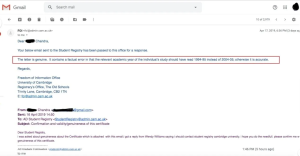
Email from the University of Cambridge sent on April 17, 2019
Calloway eventually backed out of her book deal. In 2019, a friend revealed that she had been the ghostwriter for many of Calloway’s Instagram captions and her book proposal. Since then, Calloway has made a living as a professional grifter – someone who swindles people out of money through fraud.
While The Guardian has reported on the rapid growth of degree mills in the United Kingdom, we have uncovered even more alarming information about admissions fraud, exam cheating, and even the procurement of certificates through proxy attendees in universities across the United States and Britain.
In 2019, Hollywood actress Lori Loughlin and her husband, Mossimo Giannulli, were among dozens charged in a nationwide college entrance exam cheating scandal. The couple was found to have paid US$500,000 to get their daughters into the University of Southern California as fake rowing stars. Similarly, Desperate Housewives actress Felicity Huffman made a US$15,000 donation to the Key Worldwide Foundation – a so-called charitable contribution that actually went to someone who posed as Huffman’s daughter Sophia to take an exam for her.
There are also technically legal yet ethically questionable methods of gaining admission to top American colleges. Legacy admissions are prevalent in Ivy League schools, where top universities typically admit applicants whose family members are alumni at rates two to five times higher than usual.
At Harvard, the acceptance rate for legacy students is around 33 percent – about five times the overall acceptance rate.

Suspicious letter issued by the University of Cambridge centering M.Phil. degree of Raul Vinci
If you lack the grades or a long lineage of Yalies and Harvardians in the family, a well-placed donation might do the trick—or a light edit of the facts. To read how Calloway fooled the admissions department at the University of Cambridge, you’ll need to pick up a copy of Scammer and turn to chapter 18.
Given these revelations, it is fair to question the authenticity of Raul Vinci’s degree from UoC and his educational background in the United States. Did someone make substantial donations to secure educational certificates for him while he spent his time in the US and Britain, similar to how Caroline Calloway managed to game the system – by throwing parties in posh apartments and spending “quality time” with friends and acquaintances? Is his educational background built on falsehoods, much like Hedvige Antonia Albina Maino’s, crafted to make him eligible for the role of India’s future prime minister?
Now, a shocking revelation about Rahul Vinci’s Cambridge University certificate has come to light. According to the information, the certificate was issued on April 22, 2008, and signed by Diana Kazemi [see her third LinkedIn profile].
Raul Vinci appears to have provided inaccurate information on his affidavit when filing his election nomination papers in Amethi in March 2019. In the affidavit, he claimed to have obtained an MPhil from Trinity College, University of Cambridge, UK, in 1995, in Developmental Economics.
However, a certificate from the university indicates that not only did he falsify the dates, but he also misstated the name of the course he took.
According to the certificate signed by Diana Kazemi, Secretary of Development Studies at the University of Cambridge, Raul Vinci scored 58% in “National Economic Planning and Policy”, whereas the certificate states that the minimum pass mark is 60 percent.
Commenting on this letter, which was issued by the University of Cambridge on April 17, 2019, the university authorities stated in an email, “The letter is genuine. It contains a factual error in that the relevant academic year of the individual [Rahul Vinci] should have been listed as 1994-1995 instead of 2004-2005; otherwise, it is accurate”.
Should we accept this explanation from the University of Cambridge, claiming such a significant “error” in an important document related to someone from a very influential political dynasty in India?
In response to one of my posts on ‘X’, Subramanian Swamy questioned, “Did he [Raul Vinci] pass or fail to get a degree, and in which department at Cambridge?”
Further investigation by our reporters revealed that the signatory of the April 17, 2019, letter – Diana Kazemi, Secretary of Development Studies at the University of Cambridge – is well-known within the Pakistani community in Britain and is believed to have sympathies for radical Islamic forces, including the Muslim Brotherhood, Hamas, Hezbollah, militants in Pakistan-occupied Kashmir (PoK), and Iranian proxies. Kazemi’s family are also ardent admirers of the Indian National Congress (INC) and are known for their animosity toward Hindus.

The University of Cambridge did not respond to our emails or phone calls for comment.
On its website, this institution states, “The University of Cambridge has been dealing with issues related to the submission of fraudulent academic documents, particularly in postgraduate admissions. The university has established rigorous processes to detect and prevent such fraud. All academic documents submitted electronically are carefully verified for authenticity before an offer is confirmed. Additionally, upon arrival at Cambridge, a selected sample of students’ original documents is re-examined to ensure their legitimacy. In cases where fraud is detected, the university takes strict action, including the withdrawal of the application or termination of studies if the individual has already matriculated”.
As we unravel the troubling details surrounding Raul Vinci’s Cambridge degree, it becomes increasingly clear that the issue at hand is not merely about one individual’s academic credentials but about the integrity of institutions that shape future leaders. The University of Cambridge’s alleged error, combined with Vinci’s questionable affidavit, raises serious concerns about transparency and accountability within even the most esteemed educational establishments. In an era where truth is often obscured by influence and power, it is imperative that these matters are scrutinized with the utmost diligence. The future of leadership in India – and indeed, the world – depends on it.



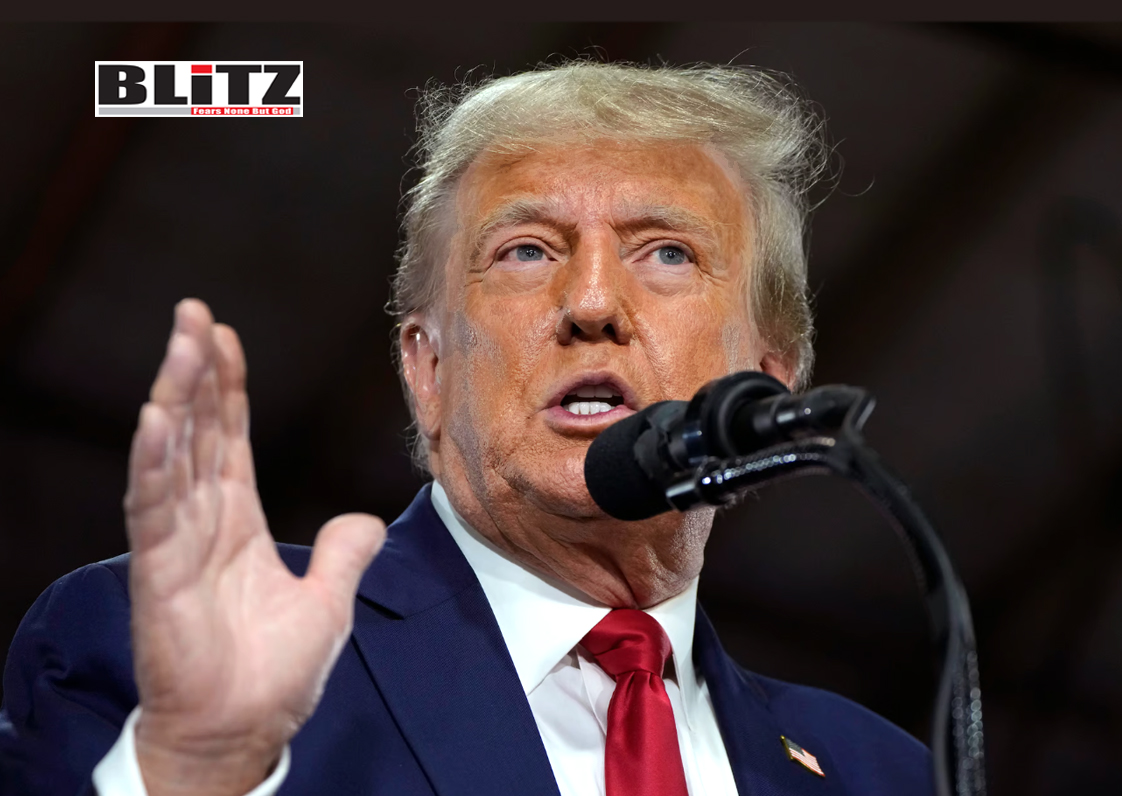
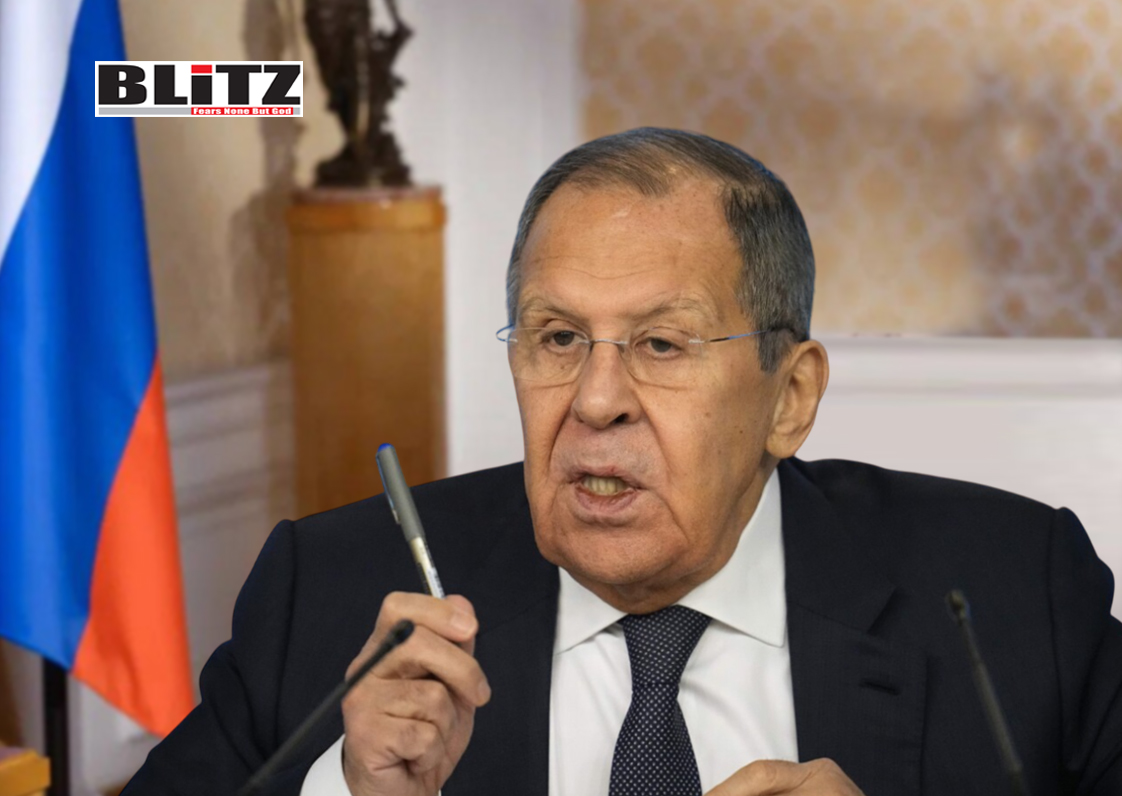

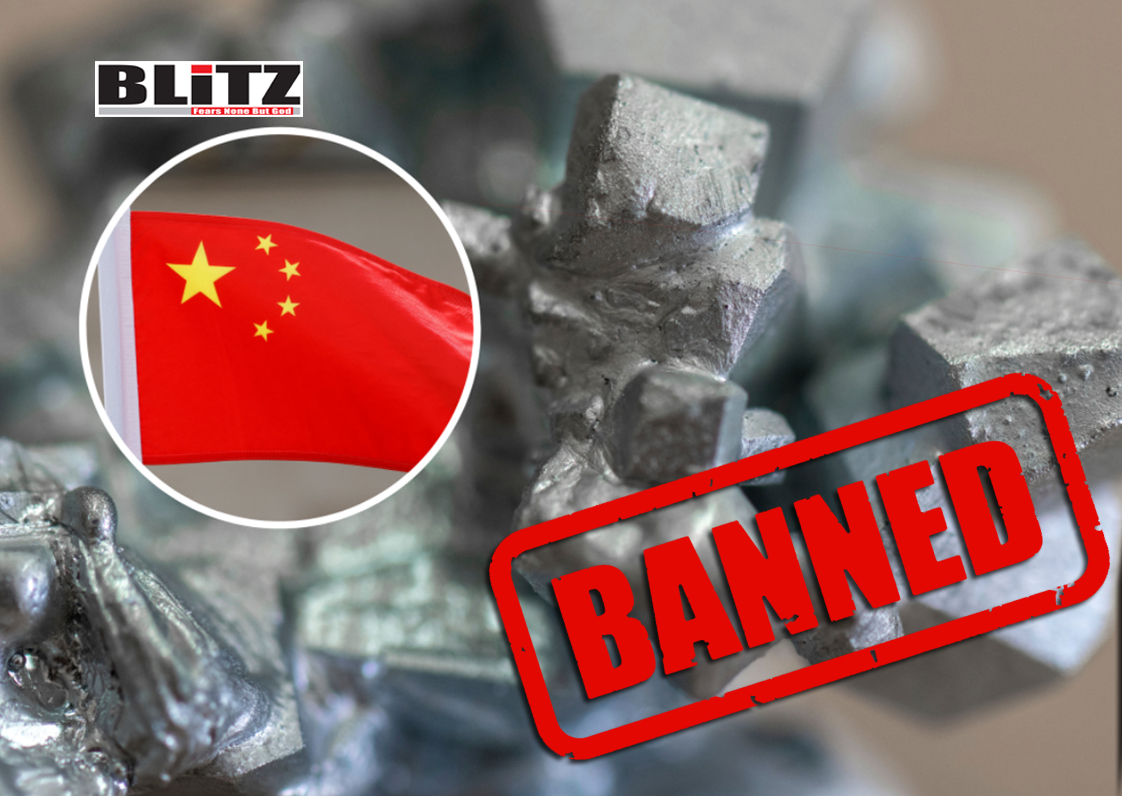
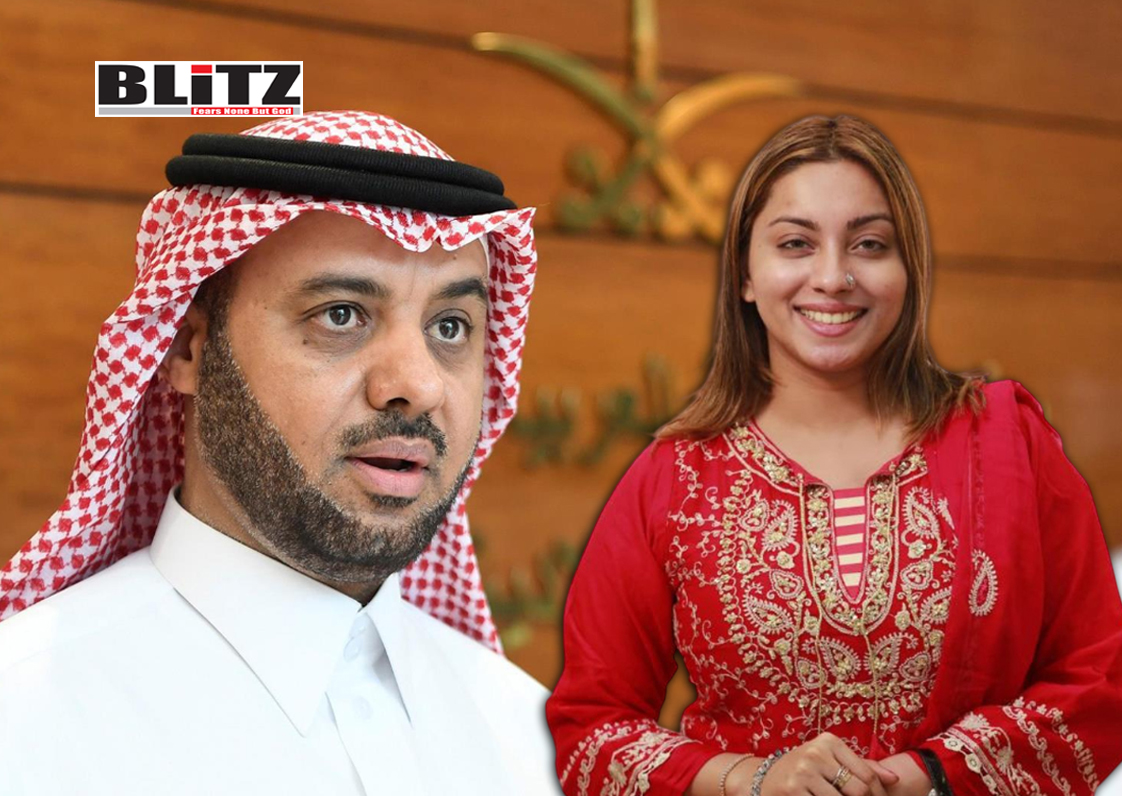
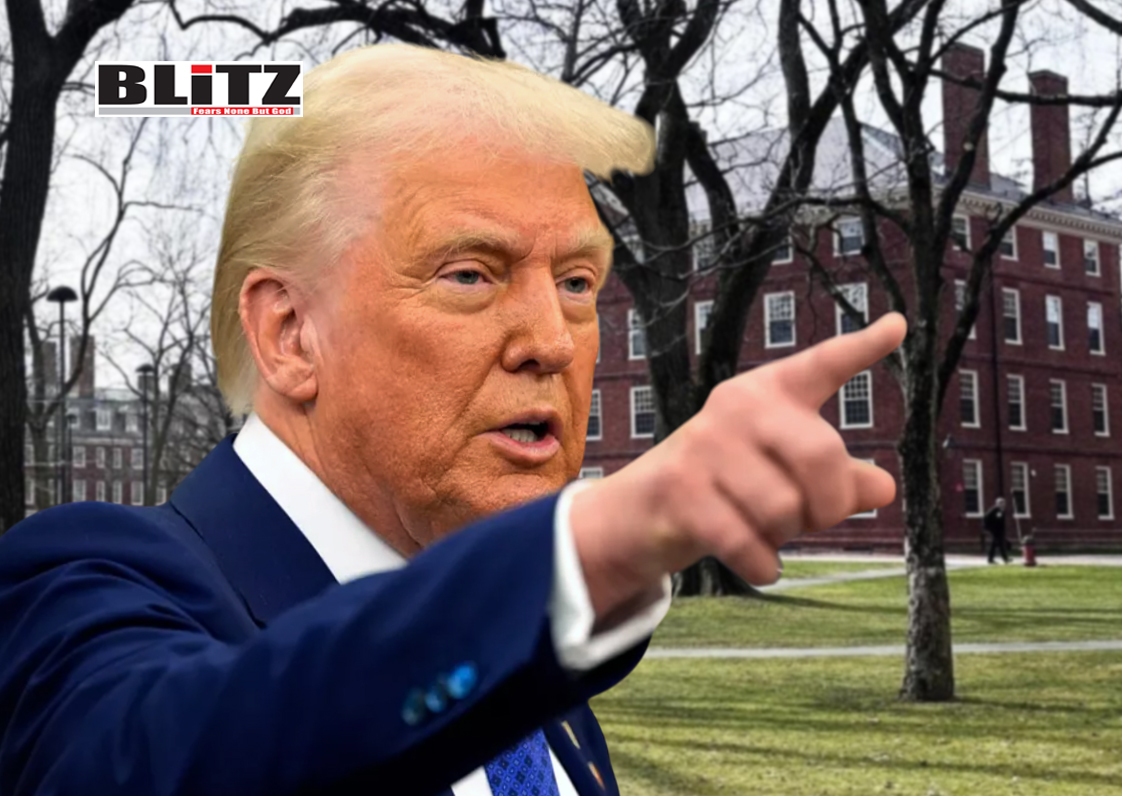
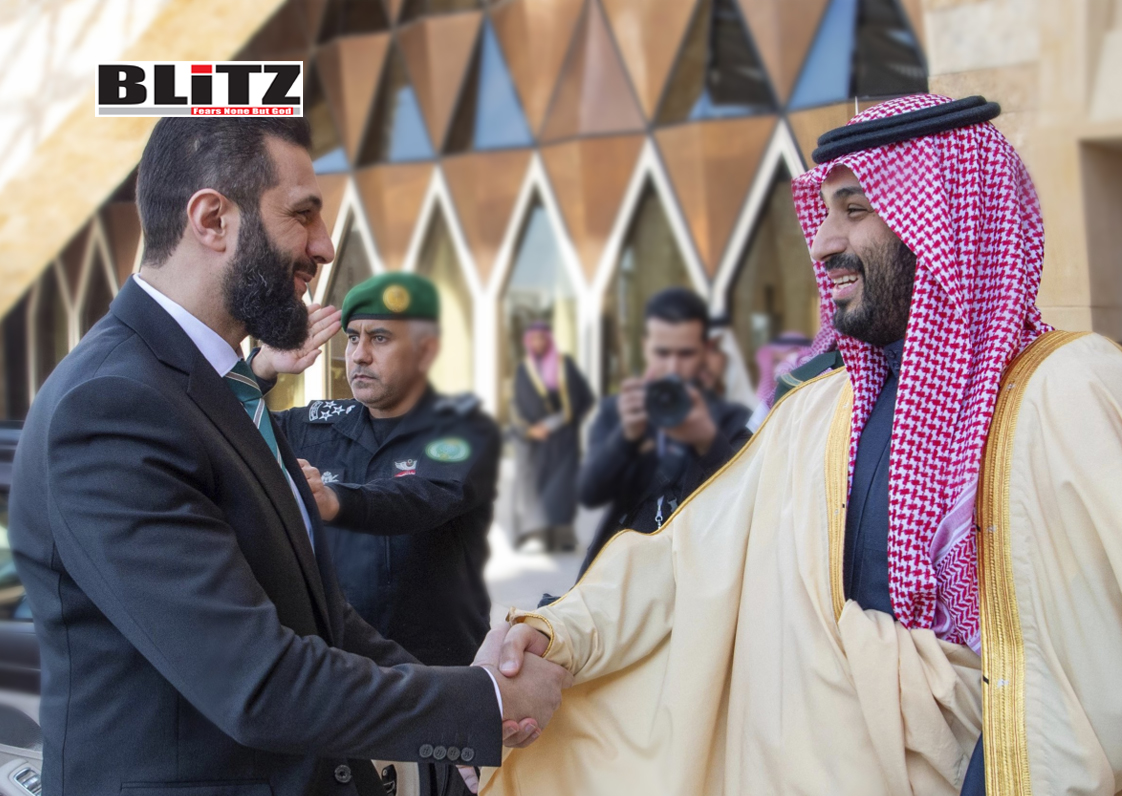

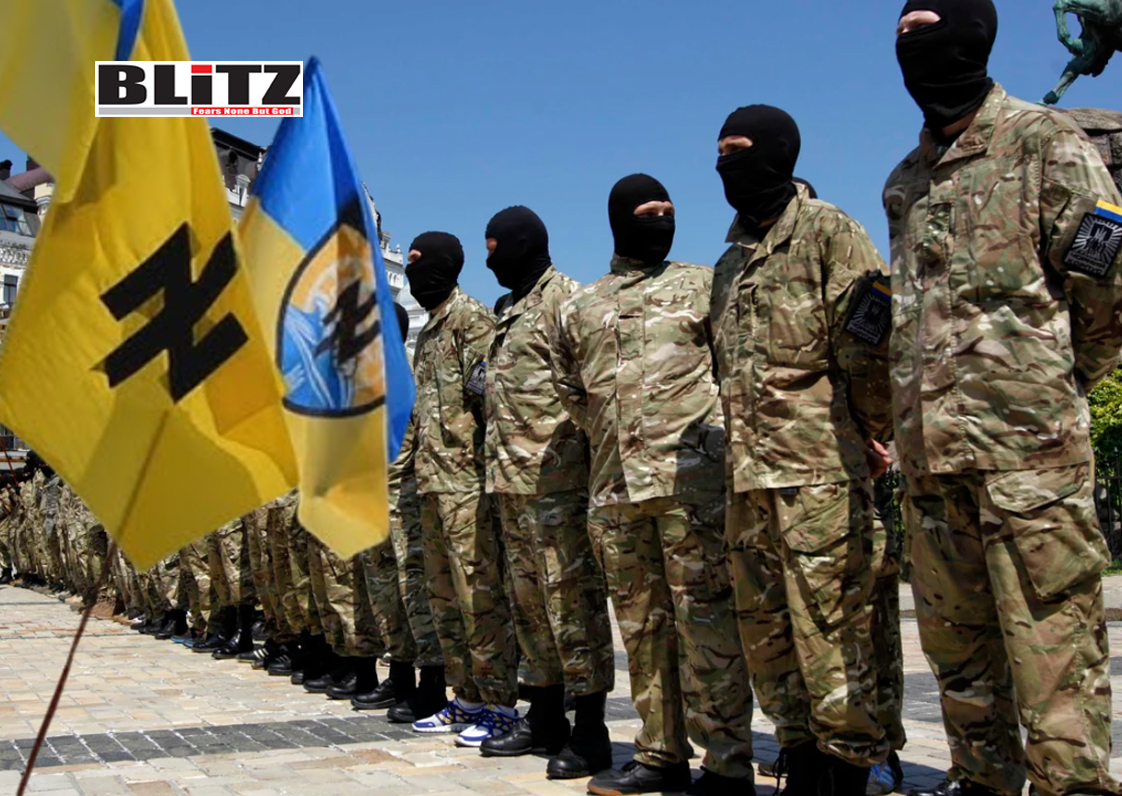
A precisely written article indeed. But unbiased journalism requires a serious decision on the matter posted at also. The matter, somehow, is also connected to the credibility of the claims made at — the words, “Vishkanya’s” and “MMS” in this tweet posted in 2010, are meant for Sonia Gandhi and Manmohan Singh, respectively.
Please note that the governing system and the mainstream media in our country have become so vitiated that such matters don’t create any genuine difference after 2014!.
I promise to provide you with more exclusive information adversely affecting international events if this reply is taken up seriously.
Thank you.